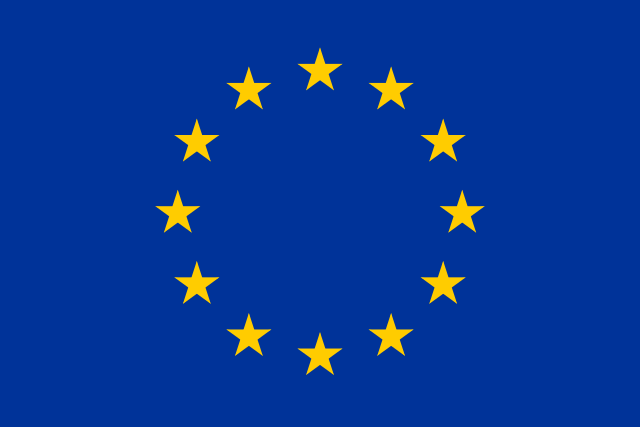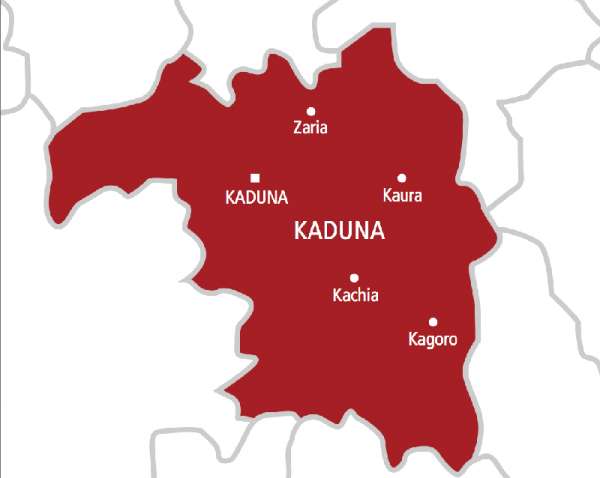Prominent human rights organisations on Thursday called on governments to stop blocking a temporary waiver of some global intellectual property rules in a bid to boost global access to coronavirus (COVID-19) vaccines.
The call by Amnesty International and Human Rights Watch is coming as countries begin to roll out a mass vaccination campaign.
The statement by Amnesty International and Human Rights Watch comes ahead of a key meeting of the World Trade Organisation in Geneva later on Thursday, which is set to discuss the proposal of South Africa and India to abandon intellectual property rights for COVID-19 vaccines, tests, and treatments.
“Governments should stop blocking a temporary waiver of some global intellectual property rules that will help boost global access to COVID-19 vaccines.
“If adopted, the waiver proposal would enable more governments to fulfill their obligations to respect the rights to life and health.
“The warning comes as vaccinations for COVID-19 begin in the United Kingdom, and are likely to begin in other countries in the near future,” Amnesty International said.
Since rich countries have already reached deals on supplies of the vast majority of potential vaccines with leading manufacturers, the proposal of India and South Africa will help people from poor countries access the vaccines.
The initiative was backed by 100 mostly low- and middle-income countries, while a small group of rich countries rejected it, claiming that “existing flexibilities in global intellectual property rules are sufficient to allow for compulsory licensing” in poor nations.
“But past practice shows that these tools are hard to use and that greater flexibilities are needed to meet the scale of the global challenge posed by COVID-19,” it added.
The two international organisations also called on all countries to support the waiver, adding that all vaccine manufacturers, including Pfizer/BioNTech, Moderns and Oxford/AstraZeneca, should participate in WHO’s COVID-19 Technology Access Pool to facilitate sharing of intellectual property. (Sputnik/NAN)




